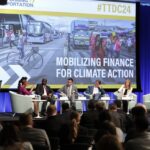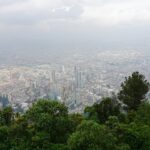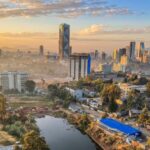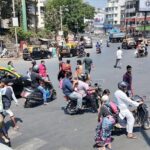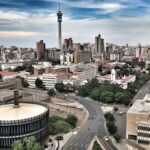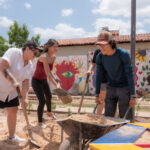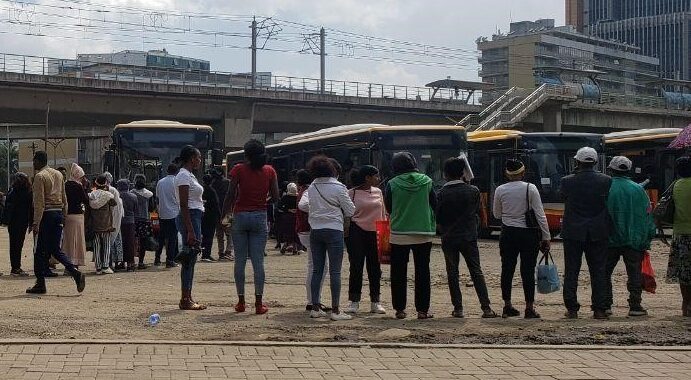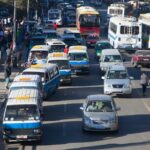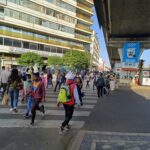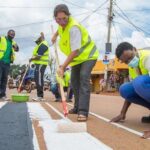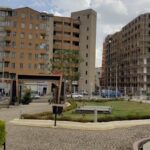Posts tagged with 'Addis Ababa'
If a picture can tell a whole story, then the image below of an intersection in Dar es Salaam, Tanzania, shows the past, present and future of global transformation in the transport sector. During Transforming Transportation 2024, which focused on ...

In Bogotá, Colombia, over 3,000 people die prematurely each year due to exposure to air pollution—namely from PM2.5, a fine particulate matter produced by vehicle exhaust, burning and industrial outputs. Bogotá is not alone: According to 2021 data, of 174 ...

As cities become more congested, traffic fatalities continue to rise and the impacts of climate change escalate, the need for sustainable and safe transportation solutions has reached a critical juncture. The World Health Organization reports an alarming statistic: 186,300 children ...

Climate change is impacting cities and their residents in many profound ways, from poor air quality to flooding to biodiversity loss and extreme heat. Now, with the help of a new tool, select cities can access localized, integrated data to ...

Today’s city leaders face a level of complexity and rapid pace of change that can be overwhelming. Particularly in developing countries, urbanization is unfolding quickly and often haphazardly. One in three urban residents worldwide lack adequate access to at least ...

Most people in India walk – to work, to the market or to the railway station. According to the 2011 Indian census, 48% of people walk or cycle to work every day compared to the less than 3% of people ...

South Africa’s cities are economic engines, drawing workers across the country and the continent. Of the country’s 58.8 million population, 68% live in urban areas. Between 2000 and 2014, urban area in South Africa expanded by 1,464 km2. Population projections ...

Just as cities were hoping to emerge from two years of a pandemic, 2022 provided a new round of disruption, thanks to Russia’s invasion of Ukraine and new economic, political and climate disruption. Oh, and COVID-19 is still here. This ...

Long queues for public transport have become common sights during peak hours all over Addis Ababa, Ethiopia. Under the hot sun or the heavy rain, people anxiously wait for the next public transport to arrive. Frustrated and eager to reach ...

The Digital Transport for Africa (DT4A) initiative, led by WRI and partners and funded by the French Development Agency (AFD), has selected four winners of the first-ever DT4A Innovation Challenge. From private companies to universities and NGOs, these initiatives are helping to shift ...

In Addis Ababa, road traffic crashes kill more than 400 people every year. This is largely due to unsafe street design that prioritizes vehicles over pedestrians, cyclists and other vulnerable road users. With the support of Bloomberg Philanthropies Initiative for ...

While road safety is a critical issue across the globe as more cars hit the road and more people move to cities, African cities are disproportionately affected. Africa is the least motorized region globally, yet has the highest road traffic ...

In cities around the world, local officials face multi-dimensional sustainability and resilience challenges and are often responsible for achieving many overlapping mandates. More effective solutions require cross-cutting responses and collaboration across multiple levels of government and sectors. New research reveals ...

Some of the fastest growing cities in developing countries like India, Brazil and Ethiopia are strapped for cash. These cities often struggle to provide basic infrastructure and services for a growing population, leading to widespread inequalities. Up to 70% of residents in developing ...

Can a city where pedestrians, cyclists and children get injured or killed on the roads be a truly sustainable one? Given the rapid urbanization of the world’s population, road safety is a critical development and sustainability issue. This episode of ...







